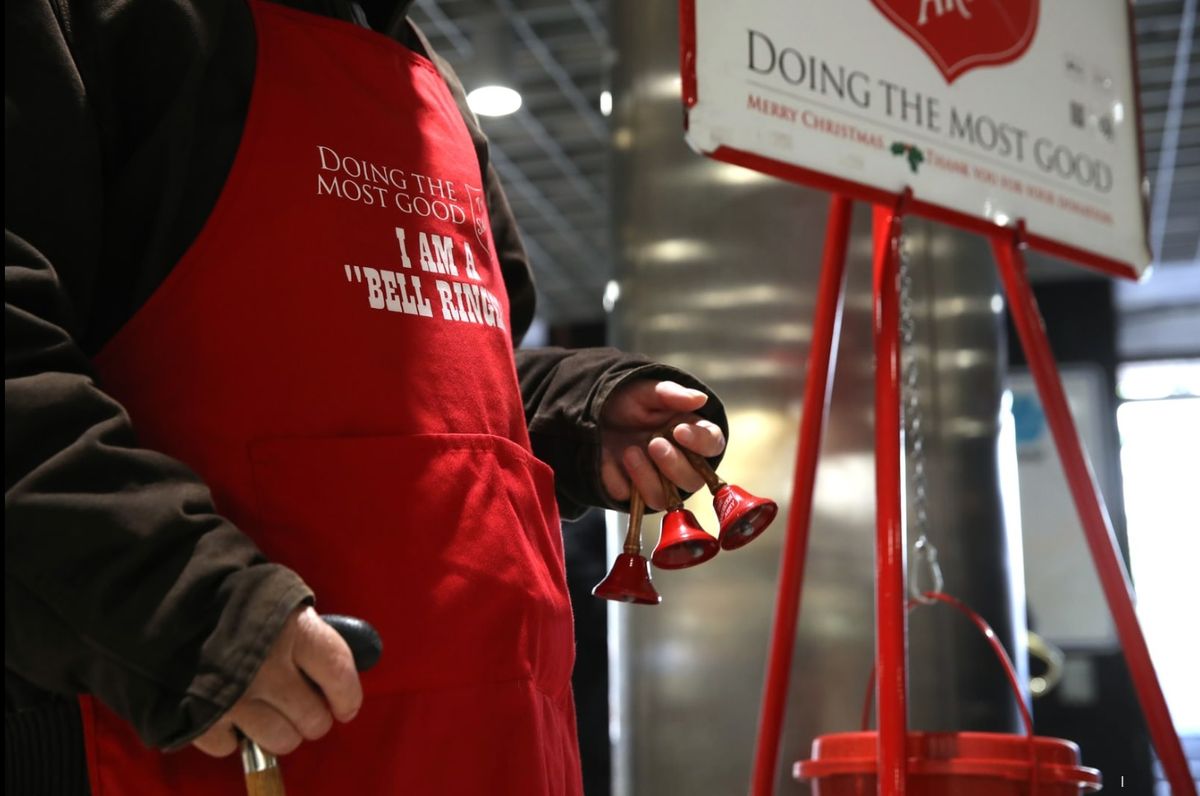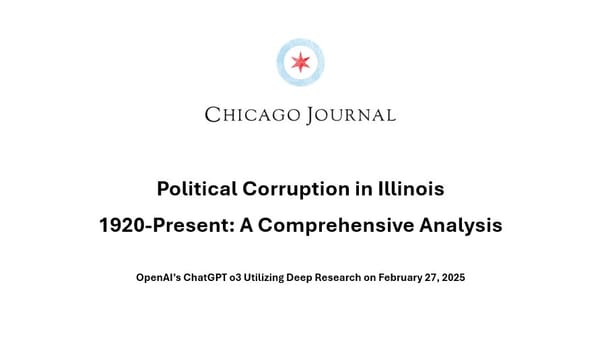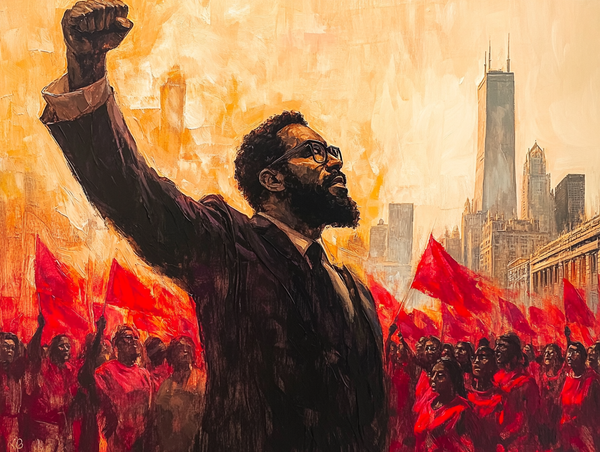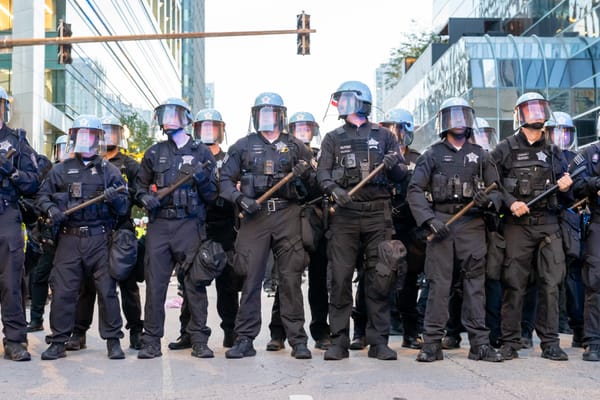3 federal lawsuits accuse Salvation Army of wage violations
The lawsuits, filed in federal courts in New York, Illinois, and Georgia, accuse the organization of working the programs' enrollees full time and even longer in its thrift stores, but only paying them a fraction of what federal law requires as a minimum.

NEW YORK (AP) — The Salvation Army was accused in three federal lawsuits filed Wednesday of violating federal labor law by not paying minimum wage to participants in its work-based rehabilitation programs.
The lawsuits, filed in federal courts in New York, Illinois, and Georgia, accuse the organization of working the programs' enrollees full time and even longer in its thrift stores, but only paying them a fraction of what federal law requires as a minimum.
“Despite the substantial benefit The Salvation Army derives from the labor of these vulnerable workers, who form the backbone of its lucrative thrift store operations, The Salvation Army pays them almost nothing," the attorneys filing the suits said in a statement.
In an email, The Salvation Army said it doesn't comment on pending litigation.
According to the lawsuits, there are about 120 of the rehabilitation centers around the country, separated into 4 territories for administrative oversight; the suits were filed in three of those territories.
Participants in the programs, who live and work through the centers, suffer from substance abuse, homelessness, criminal justice concerns and other life obstacles.
Working at The Salvation Army's thrift stories is a required part of the program, but enrollees don't get paid the $7.25 hourly federal minimum wage, and can sometimes be paid as little as a few dollars per week, the lawsuits allege. The Illinois and New York lawsuits also allege violations of state minimum wage laws.
This isn't the first time the organization has faced this complaint. A lawsuit was filed in California last year and a federal Labor Department investigation took place in 1990.

The Chicago Journal needs your support.
At just $20/year, your subscription not only helps us grow, it helps maintain our commitment to independent publishing.





